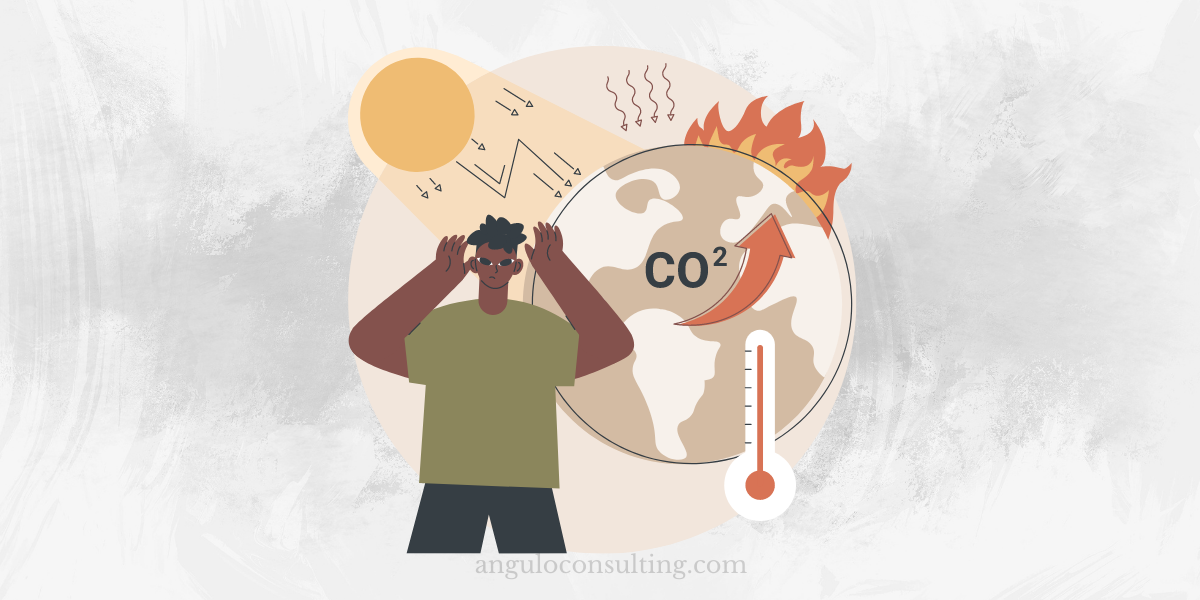
If you believe you aren’t going to be impacted by air pollution simply because you’re healthy, consider reconsidering your beliefs. You could be more at risk of many health conditions like breathing difficulties or respiratory rotation, and asthma, to mention just a few. In general, the risk will be greater based on your health condition and the duration of your exposure, as well as the type of pollutant. We’ll explore the risk.
Below are a few health issues that you could be prone to if exposed to pollutants in the air for a long period of time:
Acute respiratory and cardiovascular diseases
Stressing your lungs and your heart
Stress over your respiratory system
Long-term effects of exposure to air pollution
Lungs that age faster
Lung function and capacity are reduced.
The risk of developing diseases such as cancer and asthma.
Reduce the time to reach
Below is a listing of those who are more at the chance of developing health issues because of long-term breathing in air pollutants
Athletics
Children under the age of 14 years old
Older adults
Outdoor workers
Women who are pregnant
People who suffer from lung disorders like asthma or chronic obstructive pulmonary diseases.
Patients suffering from heart disease, including congestive heart failure, or coronary arterial disease
Health effects from certain Pollutants
Ground-level ozone results from the reaction of oxides made of Nitrogen along with volatile organic compounds within the ultraviolet rays from the sun. One of the most popular sources of volatile organic compounds, as well as oxides of Nitrogen, are construction equipment, agricultural equipment, buses, and various other vehicles.
Typically, ground-level ozone levels are at their highest during the afternoon and evening hours. Additionally, the concentration of ozone also rises in the summertime. In essence, prolonged exposure to ozone could cause your airways to become constricted and add stress over your respiratory tract. In the end, you’ll have difficulty breathing.
Other health issues that it may be the cause:
Respiratory issues that are aggravated, such as asthma as well as bronchitis and emphysema.
The effects of lung damage such as coughing and sore throat
Nausea, headache, chest pain, dry throat, and wheezing
Lower resistance to infections
Fatigue is increasing
The performance of athletes is reduced
Particulate Matter (PM)
Particulate Matter is an intricate mix of soot, smoke and metals, rubber dust, water as well as nitrates, sulfates, and more. Particulate matter is created through the combustion of fire. In addition, it could be created through the process of a reaction between various gases.
They are of a size that is correlated with the kind of health problem you could be suffering from. For instance, tiny particles known as PM2.5 are linked to greater health risks since they override the natural defenses your body has. They can penetrate deeper into your bloodstream and lungs. Long-term exposure to these elements could affect your heart as well as your lungs. Here is what might occur due to long-term exposure to these particle matter:
Non-fatal heart attacks
Unusual heartbeat
Chronic obstructive lung disease for chronic bronchitis
Children with chronic respiratory diseases
Asthma with a severe recurrence
Reduced lung function
Acute respiratory symptoms such as difficulties breathing, coughing, and irritation of the airways
In short, it was an overview of the general adverse health effects of exposure to pollutants in the air. If you’d like to be sure, We suggest you purchase the use of an air purifier indoors. This will shield you from these harmful elements while you’re in your home.